How to take care of Newborn Skin | Tips for fair skin and prevent rashes
Every person desires to get baby soft skin but what if the baby's skin itself needs some special remedies? Pigmentation is not just an old age ailment, it may start even in your first year. Diapers, Phototherapy, Cradle Cap, allergies, heat, wetness, drool, or chemicals can leave a rash on a newborn's feather-soft skin. So, what is best for newborn skin? Check out these home remedies to cure your baby's skin rashes naturally at home.
How to keep baby's skin healthy?
To begin with an infant's skincare regime, you are advised to use single-ingredient cold pressed oils only. Your baby is a recent blessing bestowed by the almighty; they don't deserve anything unnatural. Isn't it?
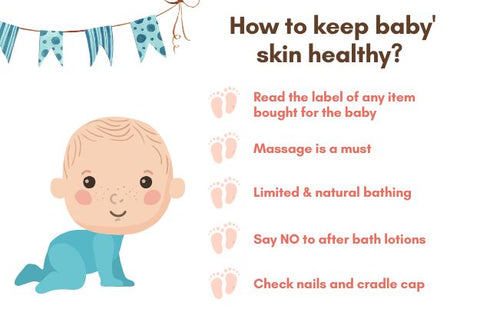
1. Read the label
Make it a practice to read the label carefully before you purchase ANY item for your little one (and for yourself as well). Be sure that it contains only plant-based natural ingredients to nourish their delicate skin.
2. Massage is a must
A few patches of dry skin are normal during the first few weeks of their arrival on the planet. Such patches vanish on their own and don't require any special products or treatment. Nevertheless, you should do what your granny did- Massage newborn baby with pure virgin oils like sweet almond oil, coconut oil or olive oil to clear their skin tone and remove dryness. You can pick any of these oils in accord with your budget and affinity.
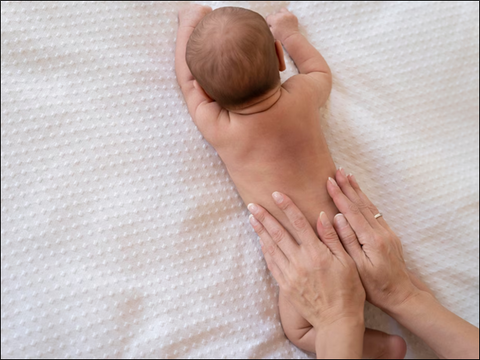
3. Limited & Natural bathing
New parents often wonder how often newborns need a bath. Newborn babies don’t need daily bathing. You can give them a bath every alternate day or even after 2 days. Furthermore, they don't need any special baby soap or body wash. Use curd or raw milk to clean their soft skin. A curd or milk bath also improves the baby's complexion darkened due to phototherapy (treatment for jaundice). For the rest of the days, use a damp microfiber soft napkin to clean their face, palm, the area between tiny fingers & toes, neck folds, and genitals.
4. Say No to After-bath Lotions
Although your baby's skin won't need any after-bath cream or lotion after a good massage and a milky bath, you can use a few drops of sweet almond oil to add a dose of nourishment to their soft skin, especially if they have dry skin.
5. Check nails and cradle cap
Keep an eye on your baby's nails as they may scratch and hurt themselves. Likewise, take care of the cradle cap and don't scratch it. Rub a teaspoon of any cold pressed emollient oil before headwash.
How can I improve my baby's skin color?
Every person is beautiful in his own skin. If your baby's darker complexion is due to genes or any similar reasons, then these remedies may not work. However, there is no harm in trying these natural home remedies for fair baby skin, hence you must follow them without any second thought.
A simple massage with an emollient cold pressed oil and a milky bath are sufficient enough to enhance your baby's skin tone. Stay away from store-bought chemical-based products. They will do nothing but damage the skin of your baby.What can make baby skin glow?
Sufficient amount of fluids (according to their age) and maximum prevention from sun exposure are enough to prevent baby skin face from darkening and make baby fair color. However, a mild sunbath is mandatory for every child. Make them absorb Vitamin D naturally through early morning sunlight. It will add a blushy glow to their skin.
You can also make your baby's skin fair by using this homemade ubtan. Mix 1 tbsp fine gram flour, 1 pinch of turmeric powder, a few strands of pure saffron (optional), and raw milk to make an ubtan. Rub this baby face pack gently on the skin twice or thrice a week. Don't overdo it as it may harm their extremely soft skin.
Takeaway
Single-ingredient cold pressed oils are enough to nourish your child's delicate skin and avoid rashes. They don't need any chemical-based products. Consult a pediatrician immediately if the rashes are severe, and contain pus or blood.

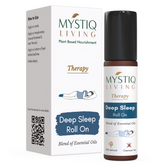
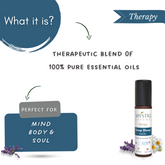
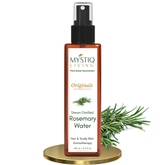
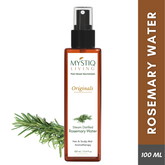
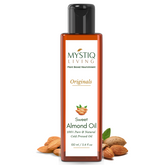
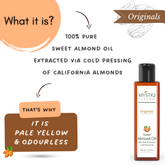
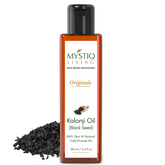
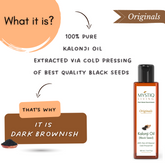
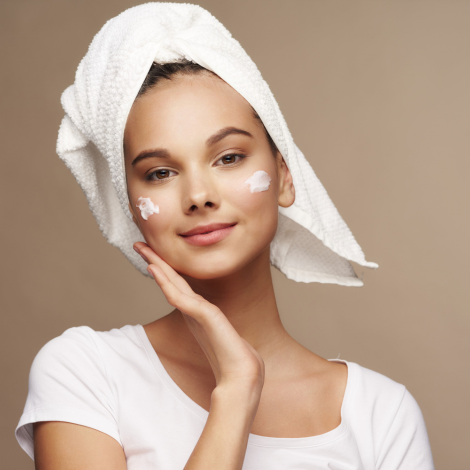
1 comment
I don’t know gram flour and ubtan.
Leave a comment
Please note, comments need to be approved before they are published.